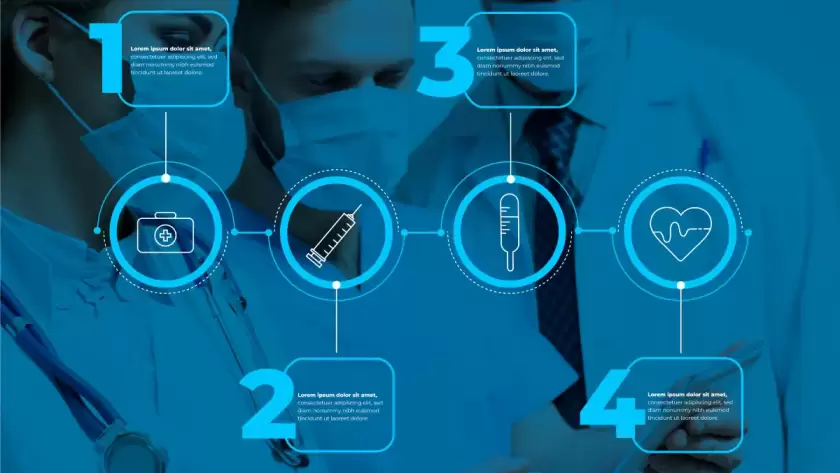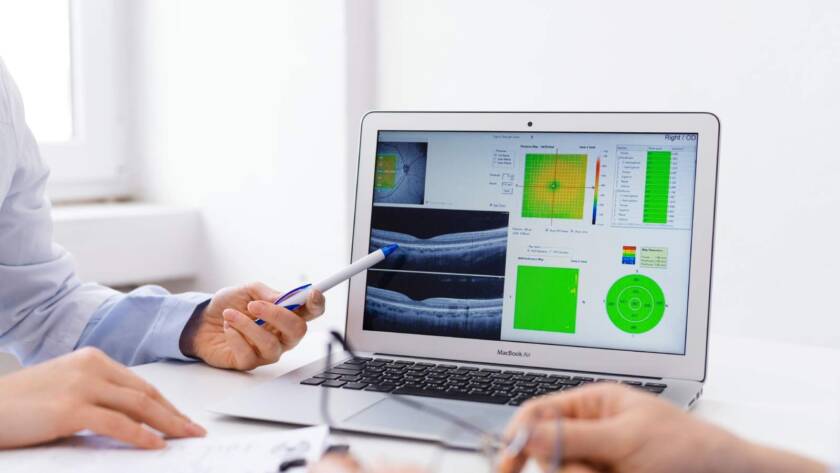Comparator Drugs, Direct to Patient Services, Enteral Feeding Tubes, Generic drugs, IPR, Named Patient Program, Nasogastric Tube Feeding, pharmaceutical cold chain products, pharmaceutical companies, Reference Listed Drugs, UncategorizedFebruary 2, 2024 Clinical trials are essential for advancing medical knowledge and improving patient care. Clinical trial is a study conducted in patients as a systematic investigation conducted to evaluate the safety, efficacy, and/or effectiveness of a medical intervention, such as a drug, device, procedure, or behavioral intervention. These studies aim to answer specific research questions and gather real-life evidence…
Read More












